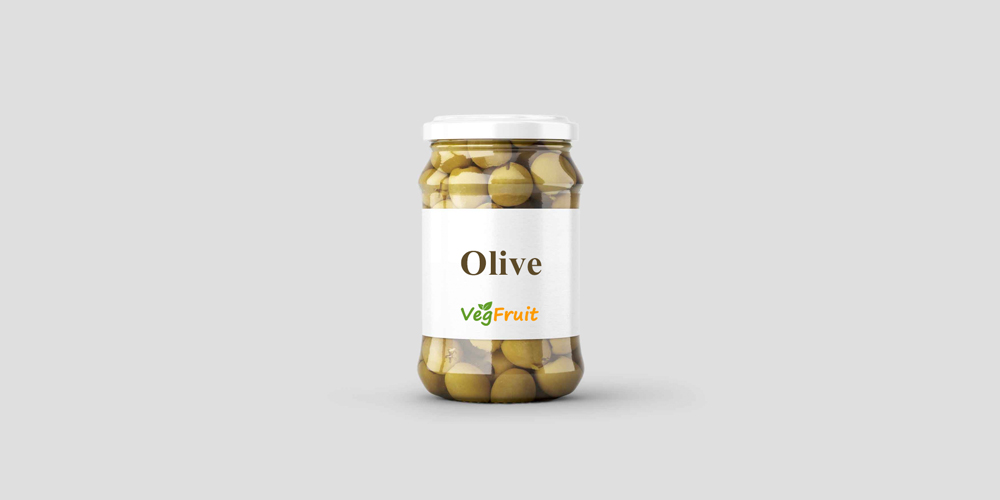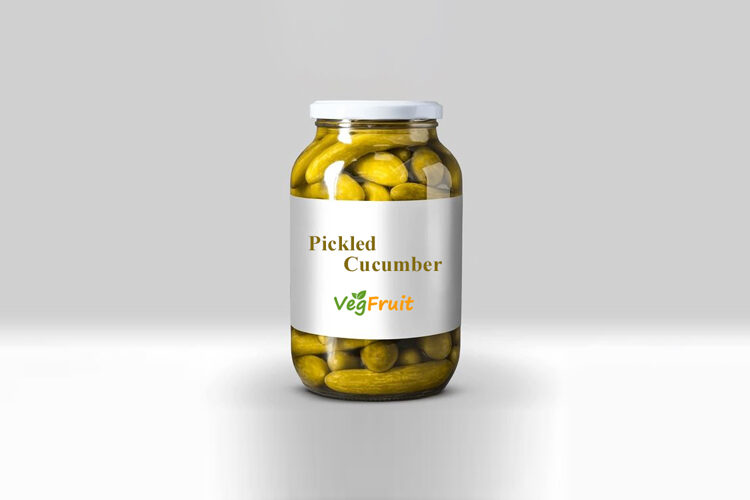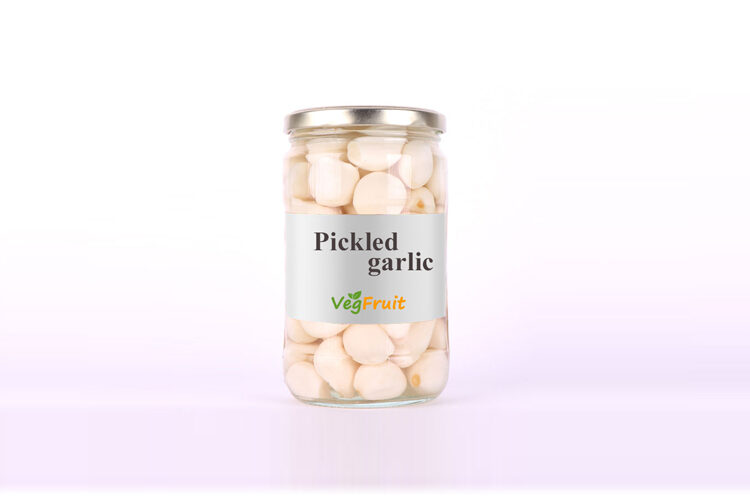Olives are a prized fruit known for their rich flavor, nutritional value, and versatility in culinary applications. Cultivated for thousands of years, olives are a staple in Mediterranean cuisine and are now enjoyed worldwide in various forms, from table olives to olive oil.
Olives are typically harvested in two stages—green olives are picked before ripening, while black olives are left to mature on the tree. Both varieties undergo a curing process to remove their natural bitterness, which can involve brining, dry curing, or lye treatment.

The nutritional profile of olives is one of their standout features. They are rich in healthy monounsaturated fats, particularly oleic acid, which supports heart health by reducing bad cholesterol and promoting good cholesterol levels. Olives are also a good source of antioxidants, including vitamin E, which protects cells from oxidative stress and supports skin health. Additionally, they contain anti-inflammatory compounds that contribute to overall well-being.
In the kitchen, olives are incredibly versatile. They can be enjoyed as a snack, added to salads, pizzas, and pastas. Their salty, tangy flavor enhances a wide variety of dishes, making them a favorite ingredient for chefs and home cooks alike.
For fruit and vegetable suppliers, olives represent a high-demand product due to their long shelf life, diverse uses, and growing popularity in health-conscious diets. Whether sold as whole olives, pitted, stuffed, or processed into oil, olives continue to be a timeless and essential product, offering both flavor and nutrition to consumers around the globe.
Other Product

Pickled Cucumbers
Pickled cucumbers, commonly known as pickles, are one of the most popular preserved vegetables worldwide. Made by soaking fresh cucumbers...

Pickled Garlic
Pickled garlic is a unique and flavorful product that combines the bold taste of garlic with the tangy, savory notes...

